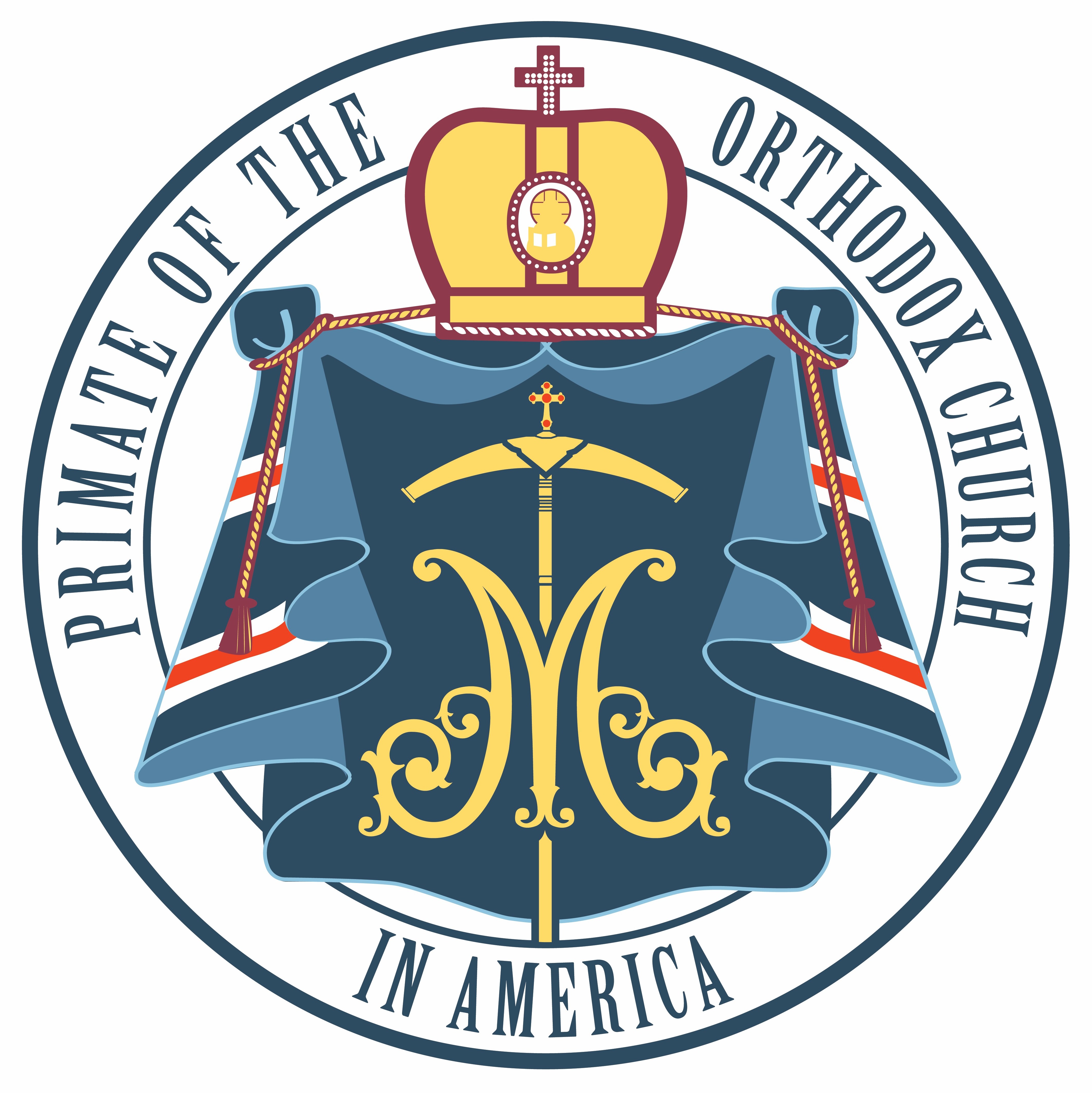To the clergy, monastics, and faithful of the Orthodox Church in America, beloved children in the Lord,
Christ is in our midst!

As we begin this sacred season of fasting in preparation for Our Lord’s Nativity in the flesh, I desire first of all to give each of you my blessing and assure you of my prayers.
According to the sanctoral calendar of our Church, the first day of the Nativity Fast is also the memory of St. Paisius Velichkovsky, one of the great transmitters and exponents of the Byzantine hesychastic tradition among both Slavic and Romanian peoples. In marking this commemoration, we rightly take pride in our rich sacred tradition of prayer and watchfulness, of theology and contemplation. St. Paisius is a true teacher of Orthodoxy and knight of the faith, and, even as we begin our fast, we celebrate his feast with great joy.
St. Paisius was not merely a teacher, however; he also practiced what he preached. He lived a life of prayer, of study, of service to God and neighbor. Therefore, during this sacred season of repentance and preparation, let us be prompted by his example: not merely to lay claim to lofty theology and exalted spirituality with our words, but to live our Tradition daily. Without making Holy Tradition our own through practice, it is in vain that we celebrate St. Paisius and other teachers of Orthodoxy. “Orthodox” is not a shiny label that we proudly apply to ourselves; it is our path to living out the Gospel of Jesus Christ.
Therefore, as we embark on the Nativity Fast, I urge that we each return to the pure springs of Orthodoxy: the New Testament, the Old Testament, the fathers, the saints. As we renew our study of our Tradition, we are not merely seeking so-called “head knowledge,” though such knowledge is laudable and valuable. Rather, as an Athonite father once told me, we study the fathers in order to forget them: in other words, we study them so that their faith and their teachings become our very way of life.
We may liken this approach to learning to swim, to ride a bicycle, or to drive a car: abstract knowledge is put into practice until discursive thought disappears, and the task, whether swimming or riding or driving, becomes second nature. Likewise, the holy Tradition is not something that we should seek to show off self-consciously; rather, it should become the rhythm of our existence. This is not the way of disputes, of “long fringes” (Mt. 23:5), of spiritual pride: it is the way of humility, of daily dying through the offering of ourselves to God and neighbor.
We practice this humble self-abnegation every time we turn to God in prayer, even when we are tired, listless, and lacking in hope. We also practice it when, despite our own busy-ness and stress, we make time for our neighbor, our spouse, our child, our co-worker—or a stranger. We incarnate the holy Tradition when we choose, not to blame or complain, but to thank God and to wait on him.
This waiting lies at the heart of the Nativity Fast, when we recall how the world lay in darkness before the First Coming of the Messiah. Indeed, this waiting is at the heart of the Christian faith: our entire life should be oriented toward his Second Coming, when Christ, who is our Life, shall appear to reign forever.
I pray that, through the intercessions of St. Paisius Velichkovsky, this time of the fast may be a time of renewal for us all, inviting us to learn from our holy Tradition and thereby be oriented in all things toward Our Lord and God and Savior Jesus Christ, whose coming again in glory we await—and also anticipate, in and through faith, hope, and love.
With my primatial prayers and blessing for these holy days of anticipation,
+ Tikhon
Archbishop of Washington
Metropolitan of All America and Canada
